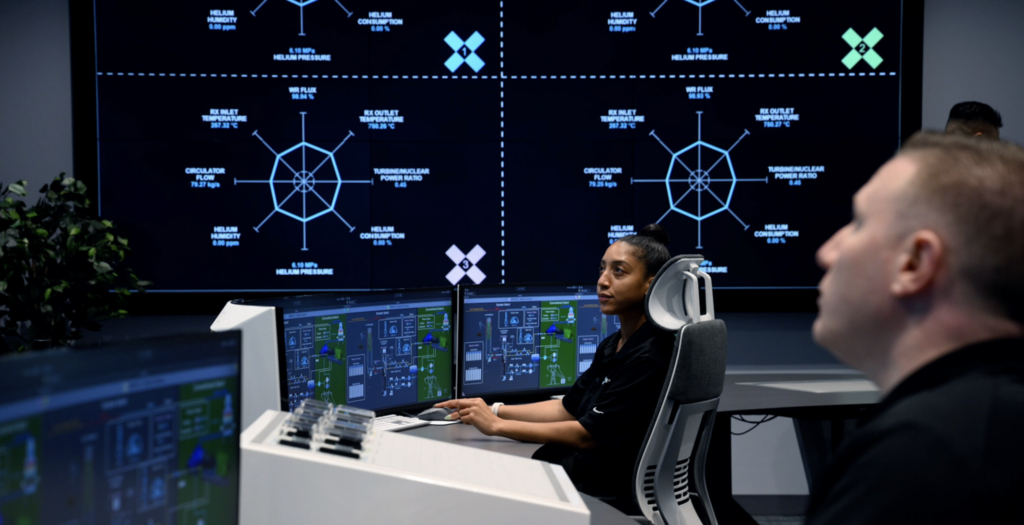A recent study by cybersecurity firm ESET has uncovered a concerning trend: a staggering 90% of employees use their company-provided laptops for personal activities. This behavior poses serious risks to both individual and corporate security, especially in the era of hybrid and remote work, where the lines between personal and professional lives are increasingly blurred.

The Risks of Personal Use on Work Laptops
The ESET research highlights that many workers engage in risky behaviors on their work devices, including accessing adult content, gambling, and even visiting the dark web. Shockingly, the survey found that 63% of respondents accessed the dark web on their work laptops weekly, with 17% doing so daily. These activities not only expose employees to potential cybersecurity threats but also place the company’s sensitive information at risk.
Younger workers aged 16-24 and male employees were identified as the primary culprits behind these risky behaviors. Additionally, this age group was more likely to connect to unsecured public Wi-Fi networks and use personal USB devices on work laptops, further compounding the security risks.
The Need for Robust Cybersecurity Measures
ESET’s Global Cybersecurity Advisor, Jake Moore, emphasized the importance of implementing robust security measures, particularly in hybrid and remote work environments. While acknowledging the benefits of flexible working arrangements, Moore stressed that companies must prioritize endpoint security and provide employees with adequate training to navigate the blurred boundaries between work and personal device use.
Despite the clear dangers, many employees remain resistant to employer oversight. One in three workers (36%) view their boss monitoring personal activity on work laptops as a violation of privacy. Moreover, around 18% of respondents admitted they did not have any cybersecurity software installed on their work devices, with an additional 7% unsure of their device’s security status.
Stricter Rules and Education Are Essential
With hybrid working becoming the norm, it’s crucial for companies to establish clear guidelines and enforce stricter cybersecurity rules. This includes educating employees on the risks associated with using work devices for personal activities and implementing remote management software to monitor and protect corporate data.
As the boundaries between work and personal life continue to blur, safeguarding sensitive company information and ensuring employee cybersecurity must be top priorities for businesses in the digital age.












